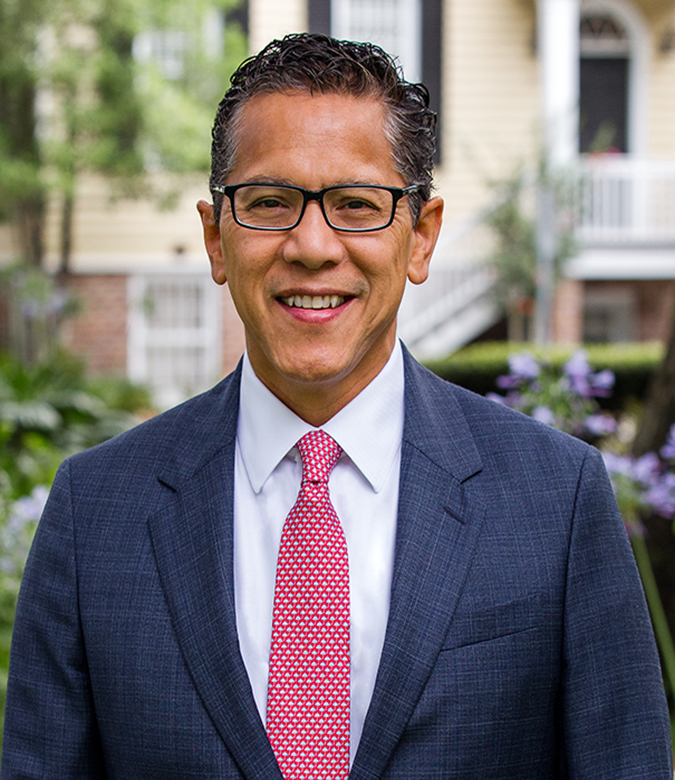August 29, 2024
By: Matt Wilmot & Edgar Bueno


During its 2024 legislative session, the Georgia General Assembly passed legislation expanding the duties and responsibilities that can be delegated by a supervising physician to Advanced Practice Registered Nurses (“APRNs”), more commonly known as nurse practitioners, and Physician Assistants (“PAs”). Most recently, the Georgia Composite Medical Board (“Board”), which oversees APRN Nurse Protocol Agreements and PA Job Descriptions, has issued guidance concerning how the new laws will affect these agreements.
These changes, effective July 1, 2024, allow healthcare providers to incorporate expanded responsibilities for APRNs and PAs, including updated Protocol Agreements or Job Descriptions.
APRNs and PAs are now allowed to prescribe specific Schedule II Controlled Substances
Previously, APRNs and PAs were prohibited from prescribing Schedule II Controlled Substances in any circumstances. However, the General Assembly amended O.C.G.A. § 43-34-25 (concerning delegation to APRNs) and O.C.G.A. § 43-24-103 (concerning delegation to PAs) to permit the prescription of hydrocodone, oxycodone, or compounds thereof in emergency situations and if the APRN/PA meets specific requirements, including:
- The practitioner has at least one year of post-licensure clinical experience;
- The practitioner is in good standing with the licensure board;
- Authorization to prescribe the Schedule IIs is specifically included in the protocol agreement/job description;
- The patient has been directly evaluated by the practitioner;
- The prescription is limited to an initial prescription not to exceed a 5-day supply;
- The patient is 18 years or older; and
- The practitioner completes one hour of continuing education every two years regarding the ordering use of hydrocodone, oxycodone, or compounds thereof.
This is a significant expansion of APRN and PA scope of practice and is likely reflective of the increased role that these practitioners have taken on in emergency settings, including hospital emergency departments. The expanded prescriptive authority does not extend to other Schedule II substances.
In addition to submitting an updated protocol or job description to the Board, practitioners must be sure to update their DEA registration to permit prescribing of Schedule II controlled substances.
If a medical provider intends to utilize this enhanced prescriptive authority, it should also review and revise its policies concerning PA and APRN prescribing accordingly.
Other changes to APRN and PA Scope of Practice and Supervision
In addition to the expansion of prescriptive authority, the following changes have also been implemented which have the potential to impact how APRNs and PAs are utilized.
- APRNs and PAs may now sign death certificates if their supervision documents allow it, as long as they complete biennial continuing education. Again, this highlights the importance of regularly updating a practitioner’s scope of practice documentation whenever expansion of responsibility occurs.
- Where previously a delegating physician was permitted to supervise a maximum of 4 APRNs and 4 PAs at a time, physicians are now permitted to supervise up to 8 practitioners total. While this is a welcome expansion, it increases the importance of ensuring proper supervision and oversight of practitioners.
- Automatic approval – If a delegating physician submits a APRN Protocol Agreement or PA Job Description that is substantially the same as that previously submitted by the delegating physician, the new submission will be deemed automatically approved. However, the Board has clarified that the new submission must contain a copy of the substantially similar prior submission. This should alleviate the prior concern of not getting Board approval of agreements and job descriptions in a timely manner.
These are some of the more prominent scope of practice revisions for APRNs and PAs that were recently adopted. There are others that providers and practitioners should be aware of. A link to the changes can be found here.
If you have questions about this important topic, please reach out to Matt Wilmot or Edgar Bueno at HunterMaclean.




